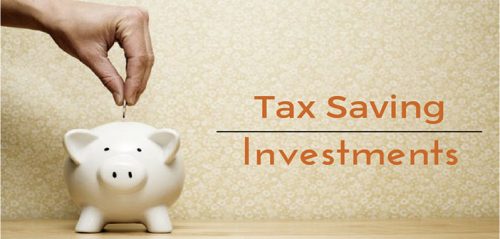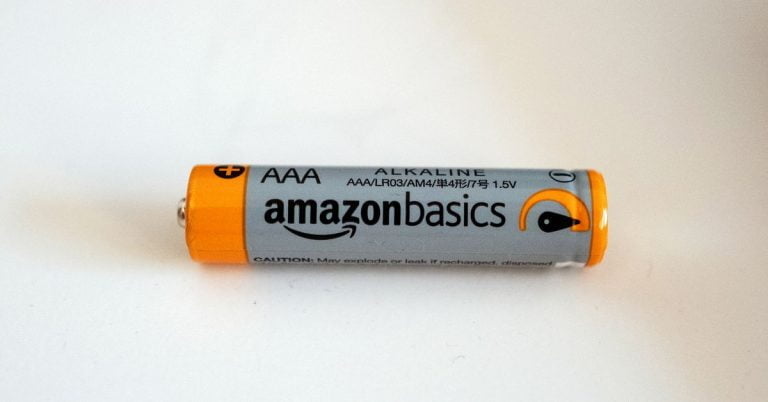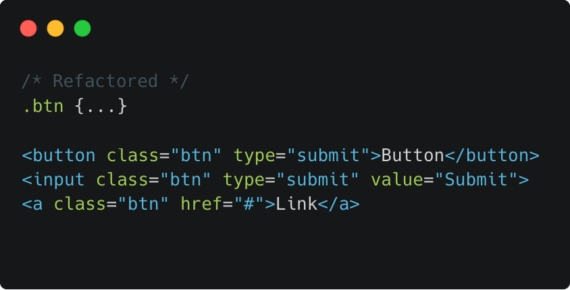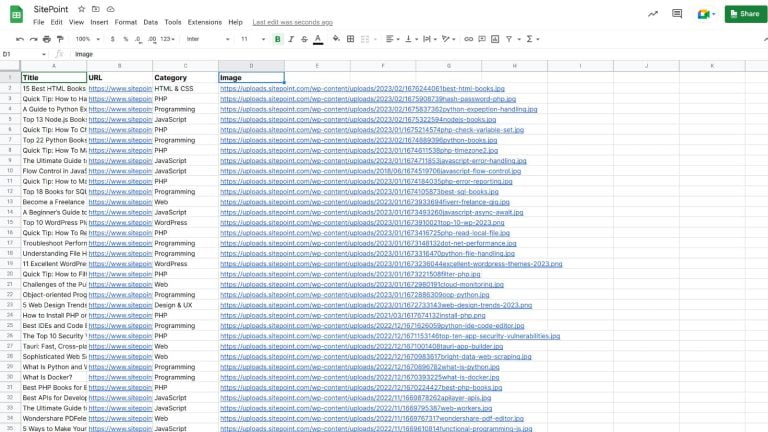
More and more millennials are setting up their own businesses. While running their own businesses, the most crucial things they must remember are investment and tax planning. If you do not focus on these, they will turn out to be major hurdles in your path toward making profits. In this article, we intend to address this concern by making self-employed individuals more aware of matters like investment and tax saving.
How can shop owners save tax?
Table of Contents
- 1 How can shop owners save tax?
- 1.1 Through the expenses attached to the startup business:
- 1.2 Through the rent related to your office premises:
- 1.3 Engaging a non-earning family member in the business:
- 1.4 Claiming medical insurance amount:
- 1.5 Saving tax through depreciation:
- 1.6 Expenses related to utilities:
- 1.7 Contributions made for charitable purposes:
- 1.8 Education loan:
- 1.9 Timely filing of income tax returns:
Through the expenses attached to the startup business:
They include the preliminary expenses incurred prior to starting the business. They have to be deducted from the income that is taxable, as per section 35D of the Income Tax Act, 1961. As per this law, you can make equal deductions in 5 years instead of making them once in a lump sum.
Also Read: Best Tax Saving Practice For Travel Agencies
You may start your business from your home or a rented space. In the case of the latter, the rent will be considered as a business expense as per the Indian income tax regulations. If you are paying property tax for your office, then you are entitled to a deduction from the earnings.
Engaging a non-earning family member in the business:
If you do this, then you can pay them as much as Rs 2 lakhs a year, and this expense of the company will not attract any tax. The amount needs to be set off from the taxable income; this will ultimately reduce your business’s total tax liability.
Also Read: Best Tax Saving Practice For Restaurants
Claiming medical insurance amount:
If you have started your first business and you aren’t doing any full-time job, then you can claim this for a premium of up to INR 15,000, as per section 80D. This insurance can be for yourself, your spouse, your parents, or your children.
Saving tax through depreciation:
Whatever capital expenses are incurred for your small business, they should be in the name of your firm/shop. This includes expenses such as purchasing a computer, furniture, or cell phones. The Income Tax Act, 1961, prescribes a different rate for claiming depreciation for such kinds of expenses as per the assets purchased by you.
Also Read: Why Income Tax Return Filing Is Important
This includes the cost of the Internet, telecom, electricity, and water, which form a major portion of business expenses. The expenses for certain equipment bought for the shop will also be eligible to be written off due to depreciation. So you can write these expenses off by considering them as the expenses associated with your small business.
Contributions made for charitable purposes:
When you open your shop, you may think of discontinuing charitable donations, but you need not. This is because certain donations to qualifying organizations are eligible for tax exemption. Such deductions come under Section 80G of the Income Tax Act, and you need a stamped receipt to claim it.
Also Read: Top 5 Strategies To Save Tax At The Last Minute
Education loan:
If you have taken an education loan for yourself or your kids and are paying it off, then consider it as an expense. Section 80C specifies that a person can get a deduction for the full-time education of 2 kids.
Timely filing of income tax returns:
If you do file your returns on or before the due date, then you can avail of various advantages, such as carrying forward the losses on the income obtained from the business. This can be carried forward for 8 consecutive years. If it can’t be adjusted in the present year, then you can set it off against the income earned in the upcoming years.
Also Read: 9 Common Tax Mistakes You Should Never Make
Make sure to update yourself about the changes introduced by the government regarding the tax write-offs. This is vital for the short as well as long term. Collateral is one of the biggest problems for retail store businesses looking for loans. Our unsecured loan solution eliminates this barrier and allows you to achieve your business goals in a simple and hassle-free manner. With minimum documentation and eligibility requirements, your search for the best business loans for your retail shops ends at Indifi. Call us or send us an email to apply for an unsecured business loan and know more about our offerings.






